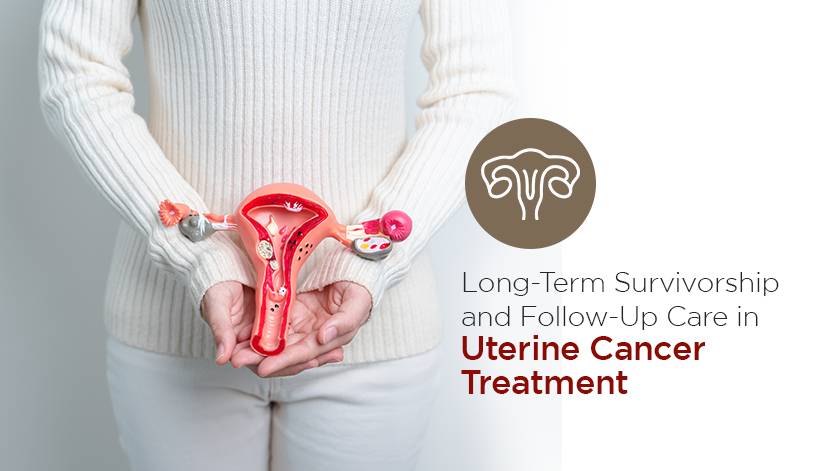Learning the secrets to long-term survivorship in uterine cancer treatment is like discovering a hidden treasure filled with hope, strength, and resilience. But when treatment ends, a new phase begins – the era of long-term survivorship. This phase is all about post-treatment care, staying vigilant, and creating a life filled with health and wellness. Let us explore the significance of long-term survivorship and follow-up care and uncover the path to a complete and healthy life after treatment.
